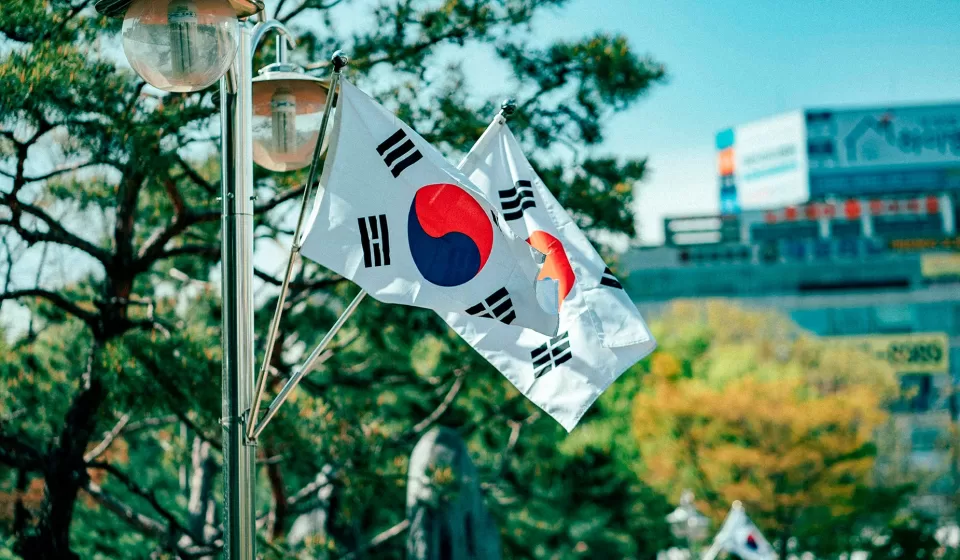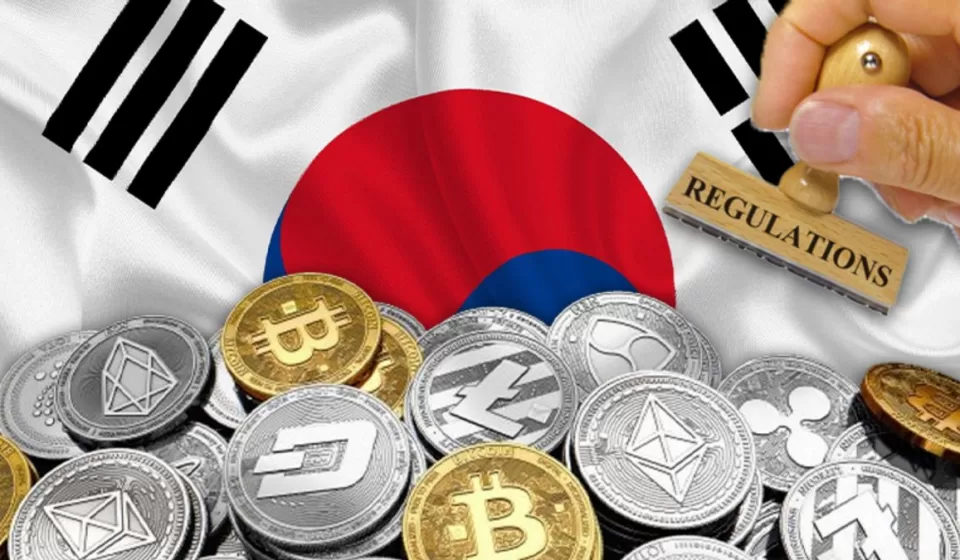South Korea casino regulations play a crucial role in shaping the country’s gaming industry and tourism landscape. These rules are designed to ensure that casinos operate ethically, transparently, and safely, protecting both players and the wider economy. From strict licensing requirements to responsible gambling initiatives, South Korea’s regulatory framework aims to balance a vibrant gaming environment with social responsibility.
By understanding South Korea casino regulations, industry stakeholders, tourists, and investors can gain insight into how the nation manages its casinos, supports economic growth, and positions itself as a trusted and attractive destination for international visitors.
Casino regulations play a vital role in ensuring that the gaming sector operates smoothly and ethically. In South Korea, these regulations are tailored to enhance the gambling experience while safeguarding players and the economy. Key aspects of these regulations include:
- Adherence to strict licensing requirements
- Implementation of responsible gambling initiatives
- Ensuring transparency in operations
- Regular audits and inspections to maintain standards
The Importance of Regulation in the Gaming Industry
Regulations are crucial for maintaining fairness and protecting consumers in the gaming industry.
The impact of South Korea’s casino regulations extends beyond mere compliance; they significantly influence tourism within the country. Here are a few reasons why regulation matters:
- Enhances player confidence, encouraging more visitors to experience gaming options in South Korea
- Promotes a positive image of South Korea as a safe and trustworthy gambling destination
- Helps prevent illegal gaming activities, contributing to economic growth and stability
Effective regulation not only fosters a fair environment for players but also boosts the overall tourism impact in the region, making South Korea a compelling choice for gaming enthusiasts worldwide.
Current State of South Korean Casino Regulations
Overview of Existing Regulations
Apacaff | South Korea maintains a distinct set of regulations governing its casinos, designed to both spur tourism and manage the socio-economic impacts. Currently, only foreign visitors can legally gamble in most casinos, a decision aimed at maximizing revenue from tourism while safeguarding local residents. Here’s a brief overview of the current framework:
- Restricted Access: Only non-residents are permitted to gamble in designated casinos.
- Licensing Requirements: Casino operators must secure licenses through a rigorous approval process.
- Revenue Allocation: A portion of casino earnings is directed towards local development and tourism promotion.
Challenges Faced by Existing Framework
Despite a structured regulatory environment, South Korean casino regulations face significant hurdles that could hinder the industry’s growth and its contribution to tourism:
- Limited Accessibility: The restriction on local gambling leads to potential revenue losses as residents spend in foreign casinos instead.
- Competition from Nearby Regions: Neighboring countries with more liberal rules can attract South Korean gamblers, reducing tourism income.
- Regulatory Complexity: The intricate licensing processes can deter potential investors, impacting long-term growth.
Given these challenges, it’s clear that revising South Korea’s casino regulations could significantly enhance their effect on tourism and economic growth.
Impact of Unified Regulations on Tourism
How Regulations Affect Visitor Experience
The introduction of unified regulations within South Korea’s casino industry is poised to significantly shape the visitor experience. Here are a few key ways these changes will impact tourists:
- Enhanced safety measures ensure a more secure environment for visitors.
- Streamlined processes for entry and gaming will reduce wait times.
- Clear guidelines on responsible gambling promote a healthier experience.
As a result, tourists can expect a more enjoyable and worry-free visit, ultimately leading to higher satisfaction and repeat visits.
Predicted Increase in Tourist Numbers
As the regulations become effective, the tourism sector is set to experience a surge in visitor numbers. The following table outlines the expected growth:
| Year | Expected Tourists | Percentage Increase |
|---|---|---|
| 2023 | 5 million | 10% |
| 2024 | 5.5 million | 10% |
This increase is a direct result of the improved frameworks and regulations that enhance the overall experience, making South Korea an even more attractive destination for international tourists.
Experts’ Opinions on Regulatory Changes
Insights from Industry Analysts
Industry analysts have been closely examining the evolving South Korea casino regulations and their subsequent impact on the tourism sector. Their observations highlight several key points:
- Increased Investment: New regulations encourage both domestic and international investments, fostering a vibrant tourism environment.
- Tourist Accessibility: Enhanced regulations are expected to improve facilities and make casinos more accessible to a broader audience.
- Market Reputation: Transparency in regulatory practices may boost South Korea’s image as a reliable gaming destination.
The Economic Perspective on Tourism Growth
From an economic standpoint, the impact of casino regulations on tourism in South Korea is significant. Economists project several outcomes:
| Outcome | Impact |
|---|---|
| Revenue Generation | Increased revenue from tourism leads to enhanced government funding for public services. |
| Job Creation | New casino establishments are likely to create thousands of jobs, reducing unemployment rates. |
| Infrastructure Development | Growth in tourism can spur infrastructure improvements, benefitting local communities. |
As the South Korea casino regulations continue to evolve, it remains crucial for stakeholders to consider both the opportunities and challenges presented, ensuring that tourism thrives in this dynamic landscape.
Successful Models of Unified Casino Regulation
Case Studies from Other Countries
Examining successful frameworks from around the globe offers valuable insights into unified casino regulations. Here are notable examples:
- Singapore: Their strict licensing process ensures that only high-quality establishments operate. This has resulted in a thriving tourism industry.
- Macau: By focusing on diverse entertainment options, Macau has become the largest gambling hub in the world, positively impacting local tourism.
- United Kingdom: The UK has implemented comprehensive regulations that promote responsible gambling while boosting tourism through regulated gaming environments.
Lessons Learned from Global Best Practices
From these case studies, several important lessons regarding South Korea’s casino regulations and their impact on tourism have emerged:
| Key Lesson | Description |
|---|---|
| Balanced Regulation | Implementing stringent regulations without stifling creativity is crucial for attracting visitors. |
| Diverse Offerings | Integrating entertainment options beyond gaming can enhance tourist experiences and extend stays. |
| Community Engagement | Involving local communities in the regulatory process fosters trust and encourages sustainable tourism growth. |
By adopting effective practices from other nations, South Korea can optimize its casino regulations, significantly enhancing its tourism impact.
Potential Economic Benefits of Unified Regulations
Job Creation and Economic Growth
Unified casino regulations in South Korea are poised to yield substantial economic advantages. By establishing a clearer framework, numerous opportunities for job creation and economic advancement can arise. Consider the following points:
- Enhanced employment prospects: With more casinos operating legally, thousands of jobs could be created across various sectors—hospitality, entertainment, and retail.
- Local business stimulation: Increased foot traffic from tourism will benefit surrounding businesses, leading to a multiplier effect in the economy.
- Higher tax revenues: A regulated casino industry will likely contribute significantly to government finances through taxation, funding crucial public services.
Enhancing South Korea’s Global Competitiveness
Improved regulations can bolster South Korea’s standing in the international tourism market, attracting more visitors and investments. Key aspects include:
- Global appeal: By adopting standardized regulations that cater to international standards, South Korea can become a preferred destination for global gamblers.
- Improved safety measures: Stricter regulations ensure safer environments for tourists, enhancing their overall experience and satisfaction.
- ⚠️Risk management: A unified regulatory framework helps minimize illicit activities in the casino sector, promoting a transparent and trustworthy environment.
In conclusion, the potential transformation of South Korea’s casino regulations can significantly influence tourism impact. By prioritizing job creation and global competitiveness, South Korea can solidify its status as a premier gaming destination.
Stakeholders’ Role in Reforming Regulations
Government’s Responsibility
The government plays a pivotal role in shaping the landscape of South Korea casino regulations tourism impact. Their responsibilities include:
- Establishing clear guidelines to facilitate growth in the tourism sector
- Implementing regulatory frameworks that ensure fair practices and player protection
- Monitoring and evaluating the effects of existing regulations on tourism
Private Sector Involvement
The participation of the private sector is equally crucial in reforming regulations. Local and international businesses can:
- Provide insights into market trends and tourist preferences
- Collaborate with government agencies to create effective policies
- Invest in innovative solutions that enhance visitor experiences
Community Impact and Public Support
Community involvement is essential to ensure that regulatory reforms are well-received. Engaging the public can lead to:
- Increased awareness of the benefits and challenges associated with casino tourism
- Building public support for policies that promote sustainable tourism
- Encouraging responsible gaming practices within the community
Ultimately, a collaborative approach among all stakeholders will drive positive change in South Korea casino regulations tourism impact.
Conclusion
Recap of Unified Casino Regulations’ Advantages
In summary, the establishment of cohesive casino regulations in South Korea presents numerous benefits for the tourism sector. The positive impacts include:
- Enhanced visitor confidence, leading to increased foot traffic.
- Optimized revenue generation through strategic marketing initiatives.
- Improved safety measures and responsible gaming practices to promote a sustainable gaming environment.
- Attraction of international investors, fostering economic growth.
- Diversified entertainment experiences encouraging longer stays.
Call to Action for Collaborative Efforts
As we reflect on the significant tourism impact of South Korea’s casino regulations, it is crucial for stakeholders to unite in enhancing these protocols. A collaborative approach will ensure:
- Networking opportunities for businesses to share best practices.
- Continuous improvement of regulatory frameworks, adapting to global trends.
- Promotion of responsible gaming and sustainable tourism.
Let us work together to create a thriving and secure casino environment that not only boosts tourism but also contributes to the overall economic development of South Korea. Join us in this exciting venture today!














